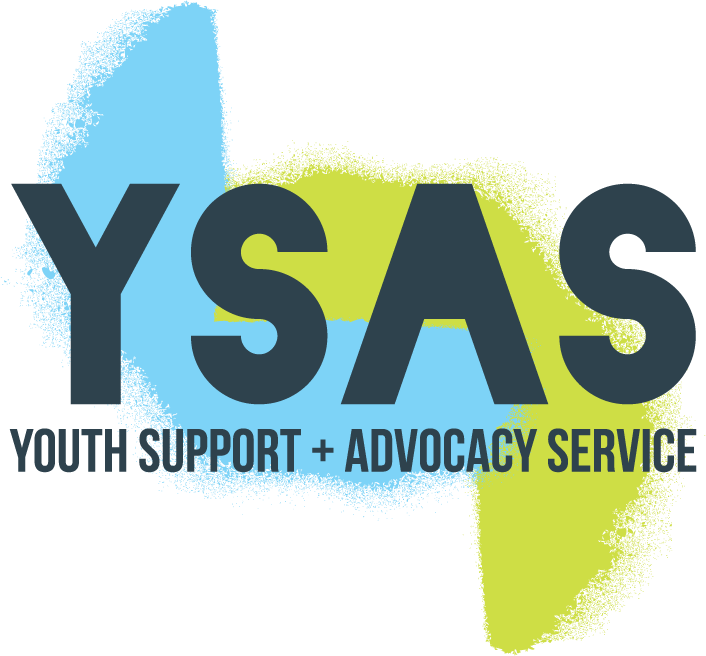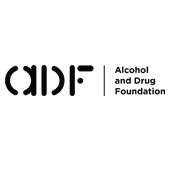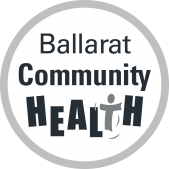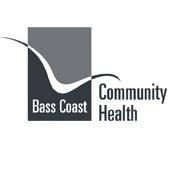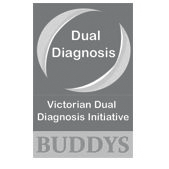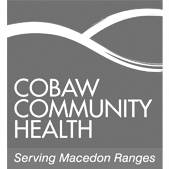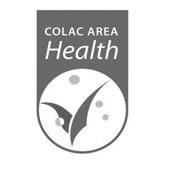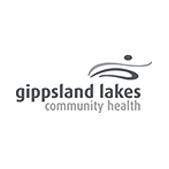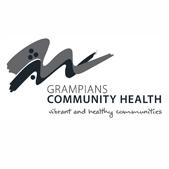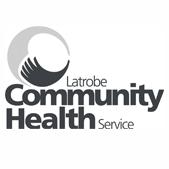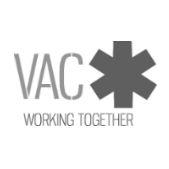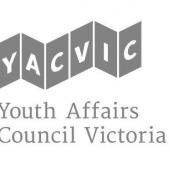Has a problem, Is experimenting, Is in treatment, Needs a service
Ice- tips for supporting a young person
So much information about ice is worrying. Families constantly tell YoDAA that they struggle to understand the nature of the problems their loved one is facing.
Furthermore many families feel powerless to help in the face of information that ice is such an addictive drug. While it might be ultimately true that change is the responsibility of the person using drugs, with adolescents it is a bit more complicated than that. Young people are in a stage of life where they are transitioning from dependence on others to independence and so still need help to learn responsibility.
Therefore, the family can play a huge role in helping young people with ice related problems, from raising concerns early to promoting an environment where change is possible.
On top of these things, there are also specific things to keep in mind when supporting a young person with ice related issues.
Through understanding how methamphetamine effects the brain, we can anticipate the kind of difficulties a young person who has been using ice may face.
We know that ice, effects motivation, memory and planning. It also impacts sleep and alertness with subsequent impacts on mental health. If we know how ice impacts the person, how then should it impact your care and support?
Stick by them for the long haul
With stronger cravings for longer, young people using ice can experience a much higher risk of using again even long after use has been reduced or ceased. If a young person struggles to stop using despite saying they want to stop or uses after a period of being abstinent try to take an understanding approach. Chances are they are not trying to upset anyone and they are probably disappointed themselves. .
Understand that motivation may vary
A young person’s motivation and ability to plan ahead may be effected by ice use. This means even when a young person seeks professional help they might struggle to make every appointment. This doesn’t necessarily mean they aren’t interested in help. Are you able to help them get to appointments? With a young person’s permission, can you make initial contact with a service to get the ball rolling? Can you help them with strategies to get organised and plan ahead?
Avoid information overload
With ice use there is potential that some young people may have temporary difficulty with flexible thinking, attention and retaining information. When providing information about services, limits and consequences, or about anything at all, think about focusing on one or two ideas at a time using repetition to help a young person take in info.
Eat, sleep, reassure
Finally, young people who have been using ice for extended periods of time may experience an overall deterioration in physical and mental health. Sometimes the simplest, practical support and care can be the best. Does the young person have somewhere safe to sleep well? Are you in a position to provide healthy meals and snacks? As with any drug, reassuring a young person that their health can improve is so important.
The good news is with support, opportunities and an environment that fosters change, many young people can move beyond problems with ice and other drugs.




